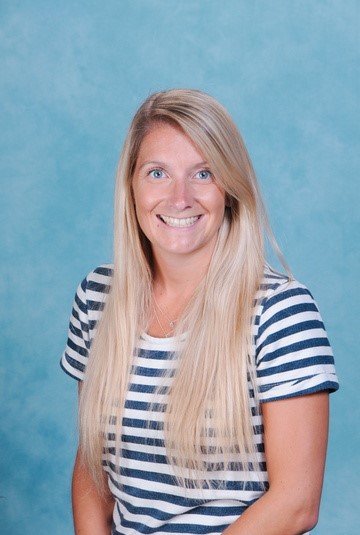Mathematics

Mathematics Leader
Our Mathematics Vision Statement
The language of mathematics is international. The basic skills of mathematics are vital for the life opportunities of our children. Our aim is for all children to think mathematically, enabling them to reason, solve problems and assess risk in a range of contexts.
At Lytchett Matravers Primary School, our Mathematics Mastery curriculum has been developed to ensure every child can achieve excellence in mathematics. Children can experience a sense of awe and wonder as they solve a problem for the first time, discover different solutions and make links between different areas of mathematics. It provides pupils with a deep understanding of the subject through a concrete, pictorial and abstract approach. This ensures pupils fully understand what they are learning.
Each of the four operations build on a solid understanding of place value; the connections between the four number operation. Within our maths lessons, we are using a CPA approach, in addition to Whiterose, NCETM Mastery documents, NRICH problems and other mastery problems sourced from elsewhere. It is important that conceptual understanding, supported by the use of representation, is secure for all procedures. Reinforcement is achieved by going back and forth between these representations.
- Concrete representation - first introduced to an idea or skill by acting it out with real objects. This is a ‘hands on’ component using real objects and is a foundation for conceptual understanding.
- Pictorial representation – once they have sufficiently understood the ‘hands on’ experiences, they can now relate them to representations, such as a diagram or picture of the problem (either through drawing it or it already being represented)
- Abstract representation - they are now capable of representing problems by using mathematical notation, for example 12 x 2 = 24.
The National Curriculum Aims
The national curriculum for mathematics aims to ensure that all pupils:
- become fluent in the fundamentals of mathematics, including through varied and frequent practice with increasingly complex problems over time, so that pupils develop conceptual understanding and the ability to recall and apply knowledge rapidly and accurately
- reason mathematically by following a line of enquiry, conjecturing relationships and generalisations, and developing an argument, justification or proof using mathematical language
- can solve problems by applying their mathematics to a variety of routine and non-routine problems with increasing sophistication, including breaking down problems with increasing sophistication, including breaking down problems into a series of simpler steps and persevering in seeking solutions
Teaching Sequence
We are currently developing a Maths Mastery approach towards our maths lessons, where EYFS, Year 1, Year 2 and Year 3 are following the NCETM Prioritisation curriculum to ensure children are accessing a developed and sequenced curriculum. Currently, Year 4, 5 and 6 and following White Rose, where they will be progressing into NCETM gradually.
See Curriculum Prioritation Curriculum below.
If you have any questions or queries regarding our Mathematics curriculum, please do not hesitate to contact Miss West, our Mathematics Leader.


